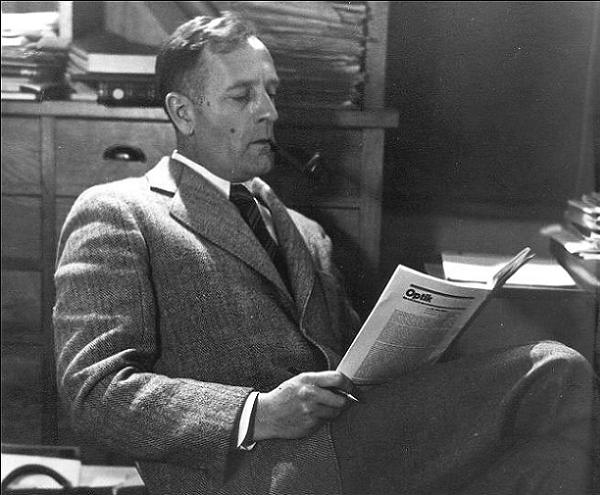Edwin Hubble was an American astronomer who fundamentally changed our view and understanding of the universe by confirming the existence of galaxies other than the Milky Way.

Early life
Edwin Powell Hubble was born on November 20, 1889 in Marshfield, Missouri to a John Powell Hubble, and Virginia Lee James. In 1898, Hubble family moved to Chicago. Edwin Hubble displayed great interest in sports and science respectively. As a young man, Edwin used to spend hours and hours reading Jules Verne and Henry Rider Haggard.
Education
After attending High School in Chicago, Hubble enrolled in University of Chicago where his majors were mathematics, astronomy, philosophy. There he earned his Bachelors degree in Science in 1910. He spent the three years at The Queen’s College, Oxford as one of the university’s first Rhodes Scholars, there he studied law instead of science as a promise to his dying father. Later he added literature along with Spanish while successfully earning his master’s degree. Eventually he returned to astronomy at the Yerkes Observatory of the University of Chicago, where he received his PhD in 1917.
Achievements
Edwin Powell Hubble’s observations had revolutionized astronomy, aside from shattering the well regarded opinion that there are no other galaxies in the universe besides our own, he also managed to determine that our galaxy is expanding giving birth to the Big Bang Theory.
He discovered a rough proportionality of the objects’ distances with their red shifts. In 1929 Hubble formulated the empirical Redshift Distance Law of galaxies, nowadays termed simply Hubble’s law, which, if the redshift is interpreted as a measure of recession speed, is consistent with the solutions of Einstein’s equations of general relativity for a homogeneous, isotropic expanding space. Hubble discovered the asteroid 1373 Cincinnati on August 30, 1935.
He also wrote The Observational Approach to Cosmology and The Realm of the Nebulae approximately during this time. For his work, Nobel Prize organization took Hubble into consideration, but the attempt to award him was unsuccessful during his life time. After his death, Nobel Prize finally acknowledged that his work was eligible for the award but could not be awarded since he was no longer alive. The Hubble Space Telescope (HST), worlds most advanced telescope was named after Edwin Hubble.
Later life
While on vacation in Colorado, Hubble experienced a heart attack in July of 1949. His wife Grace Hubble took care of him and he continued to work while following a strict diet. On September 28, 1953, Hubble died as a result of cerebral thrombosis. There was no official funeral, and details about the disposition of his body were not revealed.
Edwin Hubble quotes
- “At the last dim horizon, we search among ghostly errors of observations for landmarks that are scarcely more substantial. The search will continue. The urge is older than history. It is not satisfied and it will not be oppressed.”
- “Equipped with his five senses, man explores the universe around him and calls the adventure Science.”
- “The history of astronomy is a history of receding horizons.”
- “The universe is unfolding as it should.”
